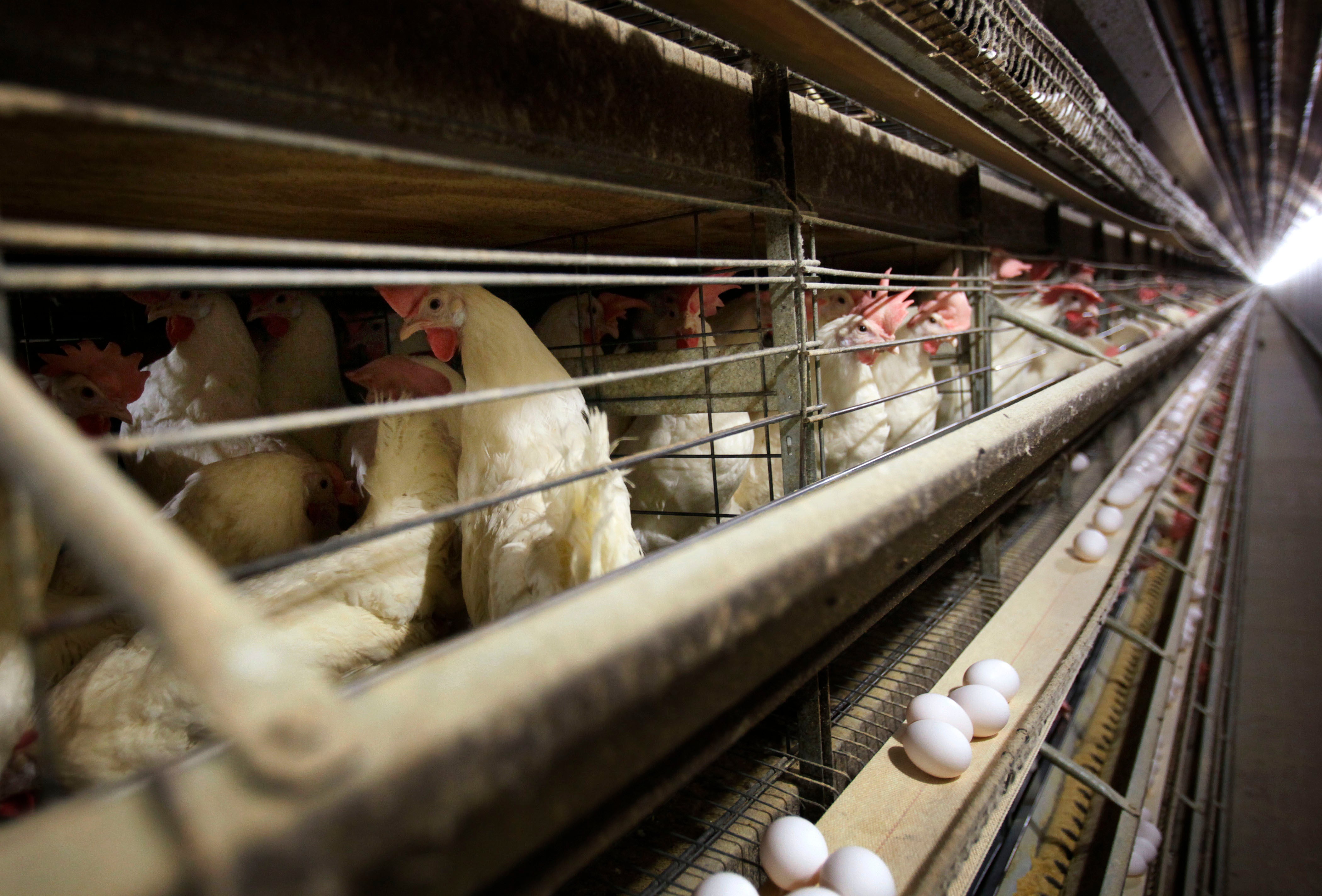Bird Flu in Colorado: Colorado Bird Flu
Colorado bird flu – Colorado is currently experiencing an outbreak of highly pathogenic avian influenza (HPAI), commonly known as bird flu. The virus has been detected in both domestic and wild birds across the state, prompting concerns about the potential impact on the poultry industry and wildlife.
Colorado’s bird flu outbreak has raised concerns about the potential for the virus to spread to other states. However, the situation in Tenerife, where British tourist Jay Slater has been reported missing, is unrelated to the bird flu outbreak in Colorado.
The search for Slater continues, and authorities are investigating the circumstances surrounding his disappearance.
Cases and Affected Areas
As of [insert date], there have been [insert number] confirmed cases of bird flu in Colorado. The affected areas include [list of counties or regions]. The virus has been detected in a variety of bird species, including chickens, turkeys, ducks, and geese.
The recent outbreak of bird flu in Colorado has raised concerns among poultry farmers. The virus, which is highly contagious, has the potential to cause significant economic losses. In a related development, the age of Glenn Youngkin , the newly elected governor of Virginia, has been a topic of discussion.
Youngkin, who is 55 years old, is the youngest governor in the United States. His election has been seen as a sign of the changing political landscape in the country. Despite these political developments, the bird flu outbreak remains a pressing concern, and poultry farmers are urged to take precautions to protect their flocks.
Impact on Poultry Industry
The bird flu outbreak has had a significant impact on the poultry industry in Colorado. Several commercial poultry farms have been affected, leading to the culling of thousands of birds. The outbreak has also disrupted the supply chain for poultry products, resulting in higher prices for consumers.
Impact on Wildlife, Colorado bird flu
The bird flu outbreak is also a threat to wild birds. The virus can be spread through contact with infected birds or their droppings. Wild birds that are infected with the virus can experience respiratory problems, neurological symptoms, and death.
Prevention and Control Measures

Preventing the spread of bird flu in Colorado is a crucial step in safeguarding both poultry and human health. By implementing effective control measures, we can mitigate the risks associated with this virus.
Biosecurity measures play a pivotal role in poultry farms. These measures include implementing strict hygiene protocols, such as regular cleaning and disinfection of facilities, equipment, and vehicles. Additionally, it is essential to prevent contact between domestic poultry and wild birds, which can serve as potential carriers of the virus.
Reporting Suspected Cases
Prompt reporting of suspected cases of bird flu is essential for effective containment and control. If you observe any unusual signs or symptoms in your poultry, such as respiratory distress, coughing, or sneezing, contact your local veterinarian or the Colorado Department of Agriculture immediately.
Health Risks and Public Safety

Bird flu poses a potential health risk to humans, primarily through direct contact with infected birds or their bodily fluids. Understanding the health risks and implementing appropriate preventive measures is crucial for safeguarding public safety.
The primary concern for human health stems from the potential for bird flu viruses to mutate and adapt, enabling them to infect humans and cause severe illness. Infection can occur through:
- Direct contact with infected birds or their feces, saliva, or nasal secretions.
- Handling or consuming poultry or eggs from infected birds.
- Inhaling aerosolized virus particles from infected birds.
Symptoms and Transmission Routes
Symptoms of bird flu in humans can vary depending on the strain of the virus and the individual’s immune response. Common symptoms include:
- Fever
- Cough
- Sore throat
- Muscle aches
- Headache
- Fatigue
- Nausea and vomiting
- Diarrhea
In severe cases, bird flu can lead to pneumonia, respiratory distress, organ failure, and even death. Transmission between humans is rare but can occur through close contact with an infected person’s respiratory droplets or contaminated surfaces.
Precautions for Individuals
To protect themselves from bird flu, individuals should take the following precautions:
- Avoid contact with sick or dead birds, poultry, or their bodily fluids.
- Practice good hygiene by washing hands thoroughly with soap and water after handling poultry or eggs.
- Cook poultry and eggs thoroughly to an internal temperature of 165°F (74°C).
- Avoid consuming raw or undercooked poultry or eggs.
- Get vaccinated against seasonal influenza, as it can reduce the risk of co-infection with bird flu.
By following these preventive measures, individuals can minimize their risk of exposure to bird flu and protect their health and safety.